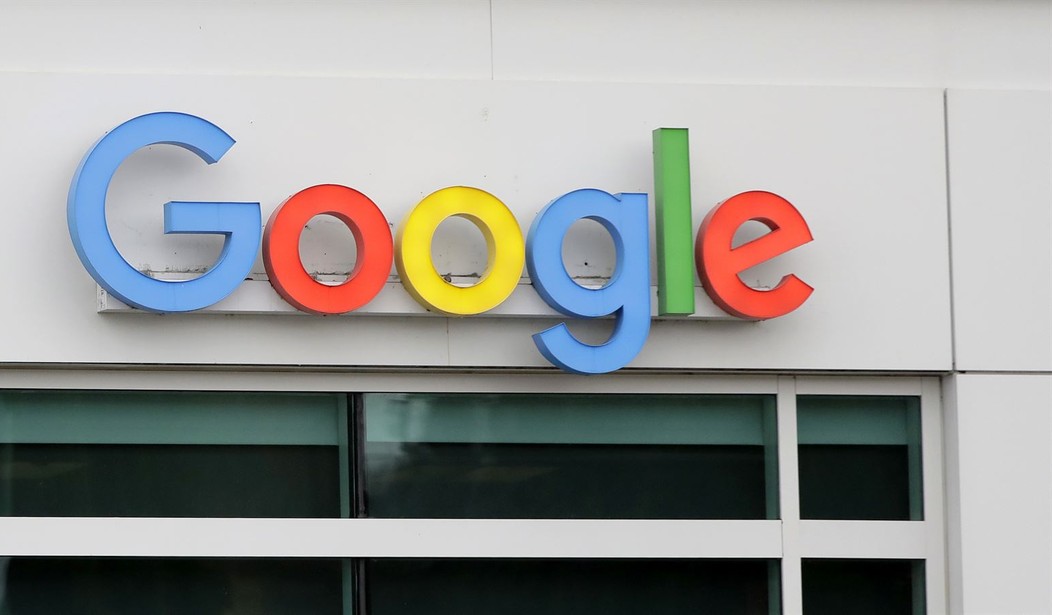Attorneys general representing Washington D.C., Indiana, Texas, and Washington filed lawsuits against Google on Monday over the platform’s “deceptive” location tracking of users, including those who’ve made efforts to block the platform from doing so.
As reported by The New York Times, the attorneys general claim that Google duped consumers using “dark patterns” to gain access to their location data. Users of Android phones, users of tools like Google Maps, and users of Google’s search engine continued to be tracked and had their information collected despite having privacy settings in place to prevent their data from being collected.
Washington D.C. Attorney General Karl Racine (D) led the complaints after a three-year investigation. The Times noted that Racine said investigators had found that since 2014, Google made “misleading” and “conflicting” claims to users regarding their privacy protections while using the company’s products.
“The District of Columbia lawsuit alleged that even after users changed the settings in their account or device to stop location tracking, Google collected and stored that information through Google services, Wi-Fi data and marketing partners. The search giant also misled and pressured users to enable more location tracking, for example by claiming products would not function properly if the location services setting was disabled when in fact it was not needed to use the app, according to the suit.
‘Google falsely led consumers to believe that changing their account and device settings would allow customers to protect their privacy and control what personal data the company could access,’ Mr. Racine said in a statement. ‘The truth is that contrary to Google’s representations it continues to systematically surveil customers and profit from customer data.’
Google said that the allegations brought by the attorneys general were false and that it had put in place many changes to its privacy policies to help users protect their location data.
‘The attorneys general are bringing a case based on inaccurate claims and outdated assertions about our settings,’ said Jose Castaneda, a spokesman for Google. ‘We have always built privacy features into our products and provided robust controls for location data. We will vigorously defend ourselves and set the record straight.’”
Recommended
In the Times’ report, Indiana Attorney General Todd Rokita, a Republican, said “Google has prioritized profits over people” and that the platform “has prioritized financial earnings over following the law.” The attorneys general are aiming to fine Google and to stop its practice of collecting location information of users who’ve opted out.
“Google uses tricks to continuously seek to track a user’s location, but the time of trickery for profits is over.” Racine wrote on Twitter. “We sued Google today to hold them accountable for illegally using ‘dark patterns’ to deceive users and invade their privacy.”
Google spokesperson Jose Castaneda said in a statement that “the attorneys general are bringing a case based on inaccurate claims and outdated assertions about our settings.”
“We have always built privacy features into our products and provided robust controls for location data. We will vigorously defend ourselves and set the record straight,” he added.

























Join the conversation as a VIP Member